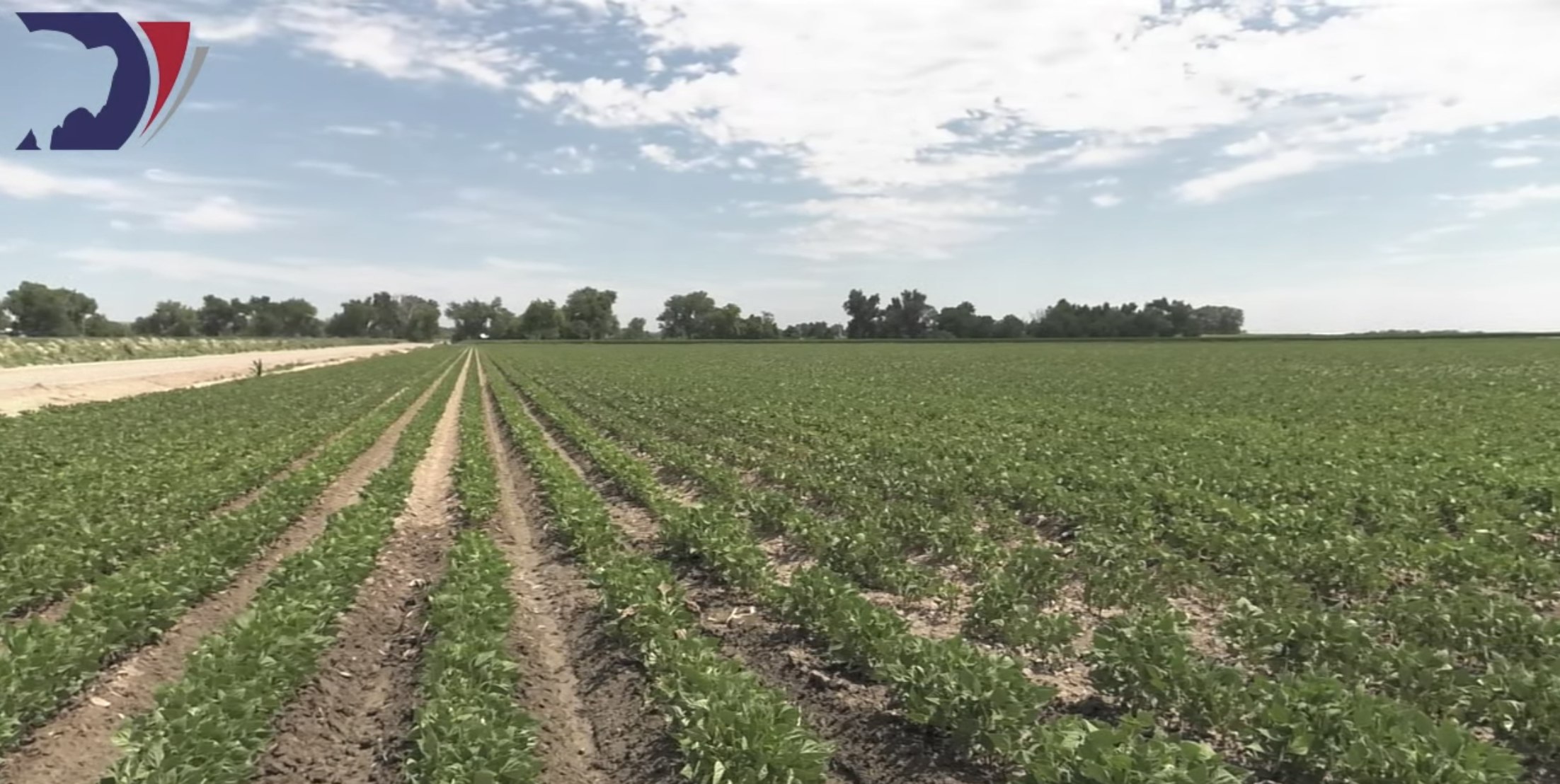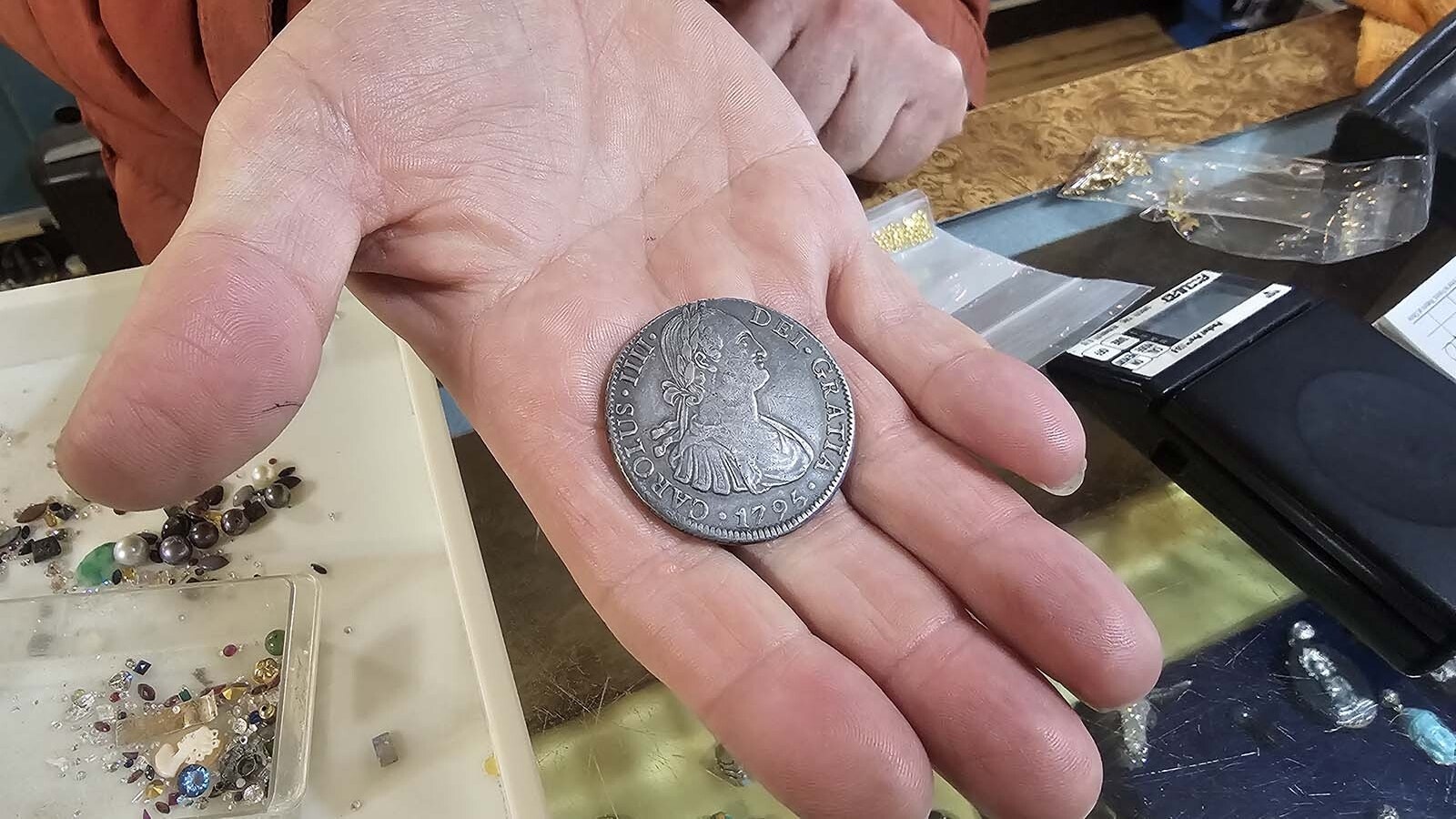Farmers and ranchers in eastern Wyoming and western Nebraska are facing nature’s deadline as construction crews work to repair an irrigation breach that left 800 irrigators without water.
Construction crews are working full-time to repair the breach in the Fort Laramie-Gering irrigation canal that provides water for 100,000 acres of land on both sides of the Wyoming-Nebraska border.
Water to the canal has been turned off since the collapse occurred on July 17 and the late summer heat makes it crucial for water to be delivered to fields served the 130-mile canal as quickly as possible to avoid crop losses.
Rob Posten, district manager of the Goshen Irrigation District, said the district hopes to have the canal repaired by late August.
If the repairs take much longer, farmers and ranchers could be looking at significant crop losses, which Shawn Madden of Torrington Livestock said would affect the economy throughout the area.
“It’s not just if you’re farming south of Torrington or down by Gering, Nebraska,” he said. “Those people are all customers on Main Street in Scottsbluff (Nebraska), Torrington. I mean, these people are in financial peril.”
Cactus Covello of Points West Bank said most agricultural operations run on a slim profit margin to begin with.
“There’s not much profit in the corn, there’s not a lot of profit in cattle,” he said. “Most of that goes back to pay for their input costs, to make land payments, to put a little food on the table and hopefully have some to put in savings for a rainy day. The agricultural life is a lifestyle you’ve got to love, because it’s not ultra-profitable.”
Questions remain over whether the crop losses will be covered by insurance. If the tunnel failure was the result of natural causes such as rain, officials believe the losses will be covered. If the collapse was the result of structural failure, the coverage will not apply. The U.S. Army Corps of Engineers is working to determine what caused the collapse of the 102-year-old tunnel.
Covello said he expects members of the community to work together to overcome the problems.
“These banks around here, we serve the agricultural community,” he said. “We will change and do things that we need to do so we can all survive together.”
We hope you find this story valuable. If so, please consider subscribing to our newsletter to receive Cowboy State Daily’s top stories of the day plus takeaways from the state’s top headlines in your inbox 5 days a week.





